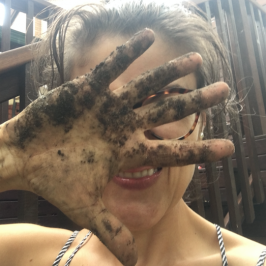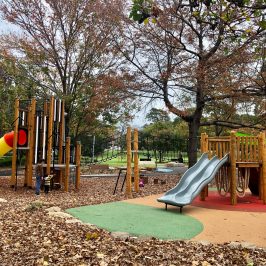By Dr Jade Tsen, GP – Hunters Hill Medical Practice
If there is one word to send shivers down every parent’s spine, it’s “puberty”.
All of a sudden, the sweet, innocent angel who once upon a time looked up to now you barely utters two words to you, except for the odd “I’m hungry” when they choose to emerge from their bedroom.
Luckily, puberty need not be the bewildering roller coaster of emotional and physical change if you are aware of the signs and cues indicating that something is on the horizon.
What IS it?
Puberty is the rapid phase of growth and development that the body enters into when certain chemicals (produced in the brain) start being secreted in a specific pattern, generally around the age of 10. This stimulates the production of hormones that make your little one take their first steps towards adulthood. The primary hormone which stimulates pubertal development in girls is oestrogen and in boys, testosterone.
Emotional and psychological change
Emotional and psychological change can often be the first sign that something is brewing. Though it may seem to be so, it is not necessarily all battles and bickering. Along with the erratic moods, you might notice your child developing their sense of self and an increased need for independence. They may even want to take on more responsibilities both at school and at home. It is a curious age, and there will be an uncontrollable urge for new experiences, some of which will include taking on a whole new level of risk. It is important to foster their newfound freedom, whilst at the same time, standing firm on the non-negotiables.
When does it start and how long does it take?
The physical changes of puberty will tend to follow a much more predictable pattern. On average, the physical changes of puberty begin in females at 10.9 years of age, but can be as early as 8 and as late as 13.5 years. For males, the onset of puberty is generally between 9 and 14 years, with the average age being 11.5. For some, the whole physical process is complete in 18 months, for others it can take up to 5 years. When all the pubertal dust has so-called settled, your no longer “child” will be sexually and reproductively mature.
First physical signs
Breast development is the first physical sign of puberty in females. You may notice lumps developing under the nipples, otherwise known as “breast buds”. They are normal lumps and can often be a bit tender. You will notice your daughter will not only get taller but will start developing those “child-bearing hips”. Pubic hair will begin to develop followed by underarm hair. Periods are the last physical stage of puberty for girls. The average age for the onset of periods is 12.7 years of age. You may notice some clear or white coloured vaginal discharge occurring for some months prior to periods commencing.
For boys, genital enlargement is the first physical change to occur, on average at about 11.5 years old. It is normal for one teste to grow faster than the other, and they generally don’t end up the same size. Next pubic hair will grow, followed by hair under the arms, facial hair and the rest of the body. Your son will enter into a significant phase of growth. He will get taller and his chest and shoulders will expand (along with your grocery bill)! Brace yourself, they can continue growing until the age of 20, however, rates of growth can vary significantly between individuals. At around 13.5 years, sperm production begins and boys may experience wet dreams. Their voice will begin to break at around 14-15 years of age.
When should you consult a health professional?
For girls:
- Breast development or pubic hair appears before the age of 8
- Periods begin before the age of 10
- Your daughter has not entered into puberty by the age of 13.5
- Periods have not commenced by the age of 16
For boys:
- Pubic hair appears before the age of 9
- Testicular enlargement occurs before the age of 9
- Your son has not entered into puberty by the age of 14
In general:
- Mental health concerns
- Advice on risk-taking behaviour e.g. alcohol, drugs, smoking, sexual activity
- Bullying
Puberty can be a fairly tumultuous time for all. If you are still feeling more confused than Joey Potter on an episode of Dawson’s Creek, there are many resources available and health professionals to help you along the way. As daunting as puberty may be, and despite the ups and downs, try to enjoy seeing your child become “who they want to be when they grow up”.
Dr Jade Tsen is a GP at Hunters Hill Medical Practice. She is a local to the Ryde area and mum of two young boys.















